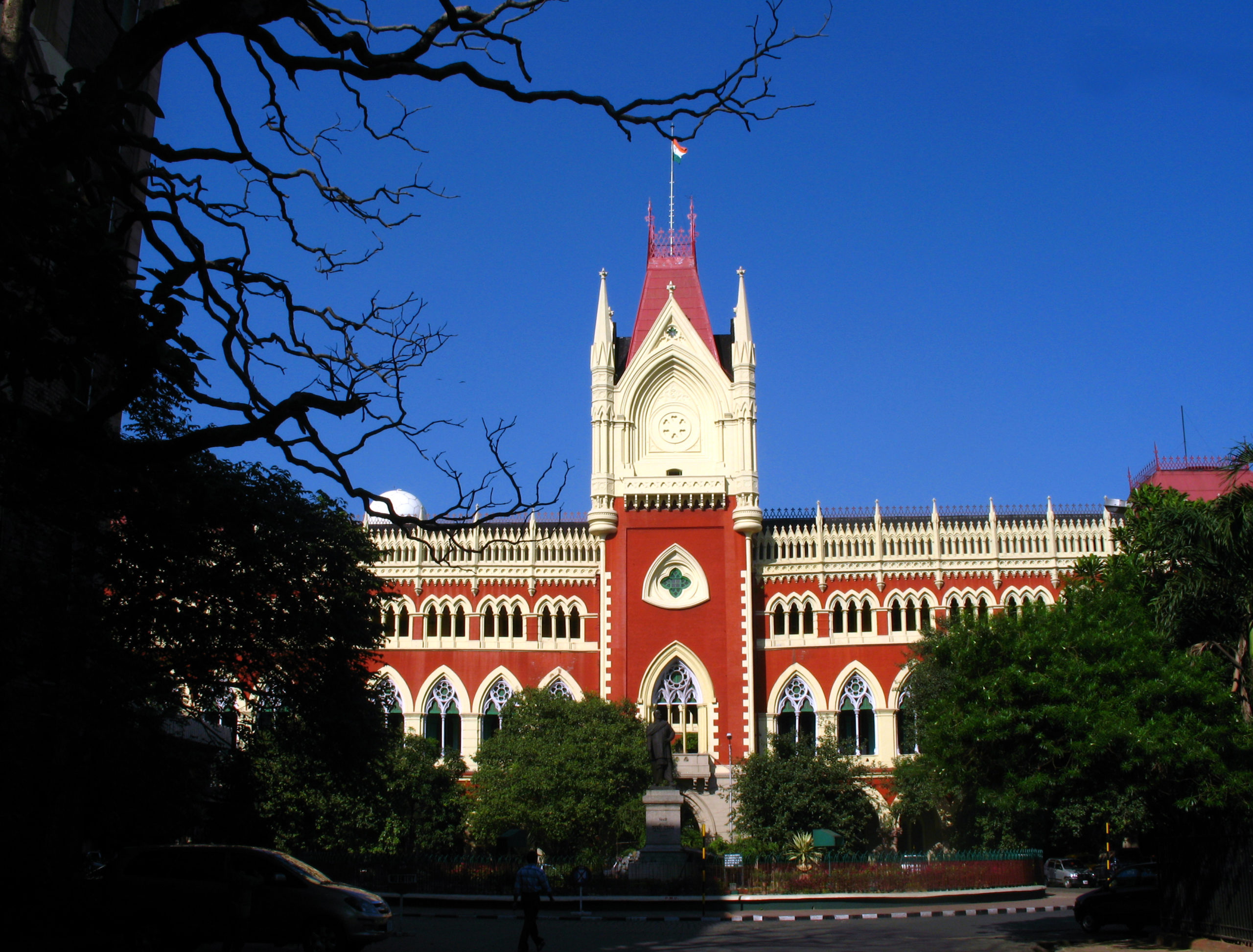LI Network
Published on: October 29, 2023 at 13:10 IST
The Calcutta High Court emphasized that while the right to freedom of speech and expression, as enshrined in Article 19 (1) (a) of the Constitution, is undoubtedly a fundamental right, it is not absolute and can be restricted.
The Court pointed out that in cases of defamation where one person tarnishes another’s reputation, such a right can be curtailed.
The Court allowed an appeal against the Trial Court’s order, which had previously dismissed an injunction application on the grounds that the appellant could claim compensation.
The Court stressed the value of an individual’s reputation as a precious asset that should be safeguarded against harm arising from unsubstantiated and false allegations.
The Bench, composed of Justice Harish Tandon and Justice Prasenjit Biswas, observed, “The right to freedom of speech and expression, though a fundamental right, is not inviolable but circumscribed by reasonable restrictions. It does not confer an absolute right if it tarnishes the image and reputation of a person within society. A balance is required in this regard.”
Advocate Jishnu Chowdhury represented the appellant in this case. The allegations of defamation stemmed from a letter in which the respondents made derogatory statements about the appellant, significantly affecting his public image. Consequently, the appellant sought an injunction to prevent the defendants from disseminating the letter. However, the Trial court had initially refused to grant the injunction, contending that the appellant could be sufficiently compensated in monetary terms.
Challenging the Trial Court’s decision, the appellant approached the High Court. The High Court, upon examination of the facts and legal principles, noted that despite the Trial Court’s acknowledgment that the appellant had suffered due to the actions of the respondent, it had determined that monetary compensation was the sole recourse.
Citing the case of Subramanian Swamy v Union Of India (2016), the Court reaffirmed that Article 19 (1) (a) of the Indian Constitution indeed grants the fundamental right of speech and expression but within certain reasonable restrictions.
The Court further underlined that freedom of speech cannot be so absolute as to make another individual’s reputation entirely ephemeral. When faced with such cases, the Court explained, a balance between fundamental rights and the reasonable restrictions imposed by statutory provisions must be struck.
The Calcutta High Court also clarified that courts have the authority to grant injunctions in defamation cases, even if the plaintiff can be compensated financially.
The Court reiterated that the right to freedom of speech is not absolute but subject to reasonable restrictions. In the interest of preserving an individual’s reputation, courts may issue injunctions in defamation cases to prevent irreparable harm.
Consequently, the Court allowed the appeal, granted an interim injunction order, and set aside the impugned order. The case is titled Soumendra Kumar Biswas v Sheshadri Goswami and Ors.

